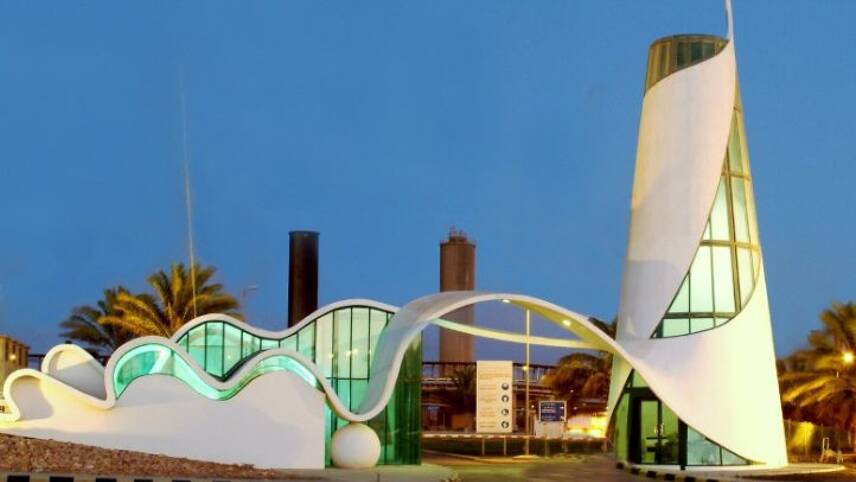Register for free and continue reading
Join our growing army of changemakers and get unlimited access to our premium content

Yanbu Cement (pictured) is among the group of 18 companies
The report, entitled ‘Smarter Energy Use: Businesses Doing More with Less’, is the NGO’s first annual progress document on its EP100 initiative – a global scheme aimed at uniting corporates in a collective drive to increase energy productivity (i.e. achieving a higher economic output per unit of energy consumed).
Under EP100, companies are required to either double their energy productivity, make their buildings net-zero carbon or implement an energy management system, based on which of these actions is most relevant to their business model.
According to the report, the 18 EP100 members to have made the most rapid progress towards targets set under the scheme have collectively reduced their energy bills by $55m over the past year, increasing their competitiveness and boosting their bottom lines. This same group of companies has also realised a further $76 in energy-related economic benefits elsewhere, bringing the total collective saving to $131m.
Companies within this 18-strong group include India-based engine manufacturer and supplier Swaraj Engines and the Yanbu Cement Company.
A further key finding was that the 21 members of EP100 to have reported their year-on-year progress have collectively prevented the emission of 522 million MTCO2e to date through the saving of 730TWh of energy. The Climate Group believes this is equivalent to taking the annual energy consumption of Germany off of the global system or bringing 134 coal-fired power plants offline.
Companies taking part in EP100 include the likes of Hilton, H&M Group, Schneider Electric, Landsec and RBS. In total, 50 companies with operations across 133 geographical markets are signed up to the initiative, which is being delivered in partnership with The Alliance to Save Energy. However, only 21 have reported their progress to The Climate Group this year.
The Climate Group’s Helen Clarkson said that, in the face of climate challenges and amid the emergence of new low-carbon technologies, every major company should seek to lead on energy efficiency.
“Doing more with less energy can unlock faster decarbonization of the global economy – and the private sector holds the key,” Clarkson said.
“From the boiler room to the boardroom, smarter energy use benefits business at every level, helping to meet the growing expectations of shareholders, customers and employees while generating capital that can be reinvested in clean growth.”
edie’s Smart Business Blueprint for Flexible Energy Futures
Energy professionals seeking to drive efficiency in their own organisation by getting ahead of the curve to deliver a flexible energy future now have access to a free edie insight report mapping out a blueprint for smart, sustainable business in 2020.
The guide, sponsored by EDF Energy, is broken down into the four D’s – Decarbonisation, Democratisation, Decentralisation and Digitisation; exploring the key technologies that are currently available for businesses to deliver their carbon and sustainability targets. Read it for free by clicking here.
Sarah George


Please login or Register to leave a comment.